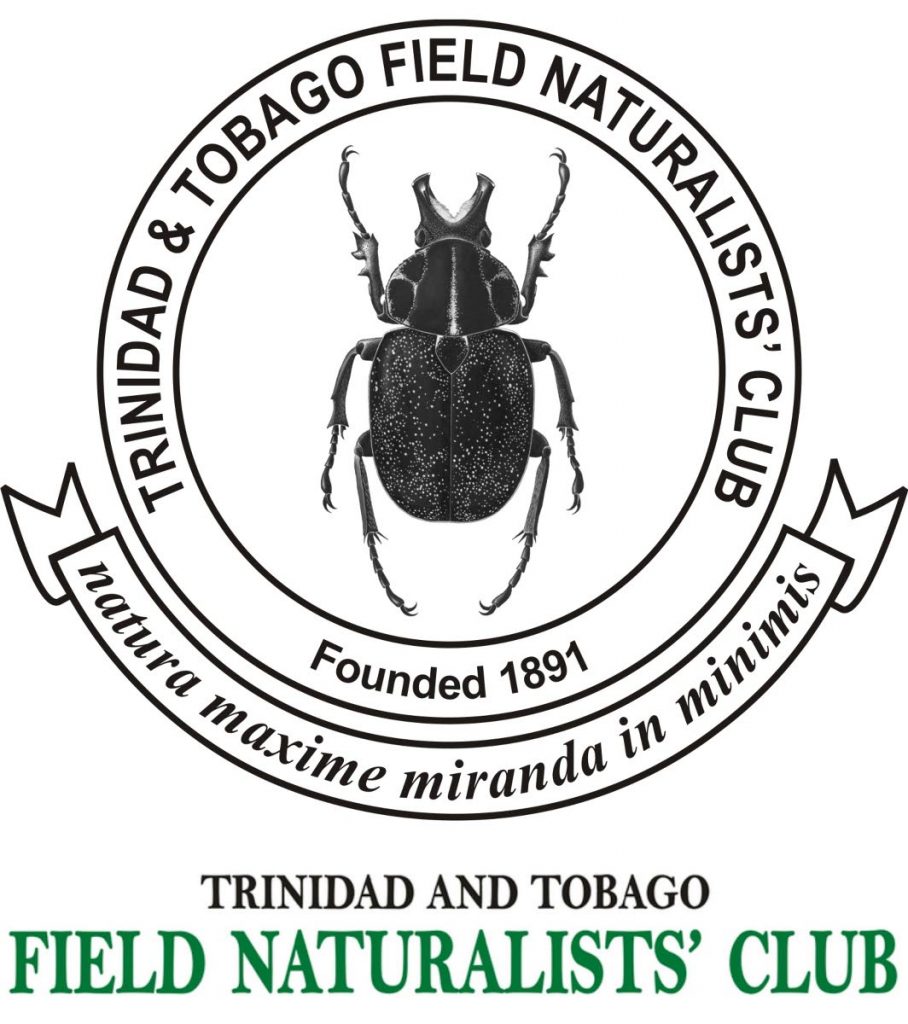The environment in 2017

Kris Sookdeo
The following summary is based upon events that have been reported in the media during 2017. There are likely to be many more incidents which have gone unreported.
Pollution:
• Petrotrin’s storage tank #70 ruptured on April 23, releasing oil into the sea. A MEEI release indicated the spill was c. 300 barrels. The spill eventually spread to Venezuela and allegedly as far as Bonaire.
• On October 15, an oil spill was reported off Chaguaramas. The source of the spill was east of Point Gourde and was characteristic of “bilge oil” and so was neither a crude nor refined oil.
• In 2017 it was disclosed that a 2014 UWI study showed lead was leaching into surrounding water from the Guanapo landfill. The Caroni Water Treatment Plant, the country's largest producer of drinking water, receives water from the Guanapo area. WASA subsequently indicated that it utilises a rigorous process that tests for contaminants and its quality is in keeping with WHO guidelines.
• The IMA’s State of the Marine Environment report revealed several worrying statistics about our marine environment. Levels of adsorbed and absorbed petroleum hydrocarbons (AAPH) were found to be greater than 100.0 ppm at locations in the Gulf of Paria, while the ambient level is less than 2.4 ppm. While tests on fish and shellfish samples revealed low levels of AAPH, the report did not explicitly state if the fish samples were from the Gulf of Paria. Oysters collected at Rousillac in 2014, however, exhibited high levels of AAPH between 10.58 ppm and 38.59 ppm.
• The Ministry of Planning and Development and the Institute of Marine Affairs (IMA) launched a water quality testing buoy in the Gulf of Paria to monitor water pollution and incidents such as fish kills and oil spills. The buoy was deployed in Claxton Bay in November.
• A consultation on banning the manufacture, import and use of polystyrene foam for food and beverage containers was held in March 2017. While the anti-climactic decision was the formation of a working committee, the Minister of Planning and Development indicated that the Ministry is in support of a ban. In Tobago, the THA passed a motion to phase out polystyrene foam products on the island.
• The mandate of SWMCOL was expanded to include recycling and managing waste disposal, thereby becoming the authority for recycling on the island.
• A landmark victory was achieved by Fishermen and Friends of the Sea at the Privy Council which ruled that the Government’s fixed annual permit fee of $10,000 for polluters, regardless of the size and volume of contaminated water being released into the environment, was unlawful.
Wildlife Management
• The remains of 25 green turtles were found at Kilgwyn, Tobago, in May. In June, a resident of Moruga was committed to stand trial for the possession of a green turtle, making him the first person in TT to be prosecuted for possession of an environmentally sensitive species.
• EMA blocked hosting of Tobago Beach Jazz on Turtle Beach as the area is a nesting site for turtles. Unfortunately, at a beach party in Blanchisseuse in July, a beach bonfire reportedly killed 85 turtle hatchlings.
• A pet shop owner of Caroni Savannah Road, Chaguanas was found in possession of a yellow-headed Amazon parrot and two saffron finches. The Minister of Agriculture also indicated that, at an unspecified date, “operations carried out by the Ministry led to the seizure of 22 blue and yellow macaws”. The sale of several orange-winged parrots on Charlotte Street was reported in the press in July.
• In January, a group of men were caught hunting in Matura with illegal firearms and without hunting permits. In April, two men of north-west Trinidad, were charged for possession of three iguanas outside of the hunting season. In October, a shipment of 1,827 pounds of wild meat was seized after being smuggled into Cedros.
• In December, the Confederation of Hunters’ Associations for Conservation of TT renewed calls for bag limits on the number of animals caught. However, the Minister of Agriculture indicated that he did not want to create regulations that they “would have difficulty enforcing”.
• The scarlet ibis is to be declared an Environmentally Sensitive Species following several reports of poaching in the Caroni Bird Sanctuary.
Agriculture and Forestry
• Swarms of the Moruga grasshopper again covered parts of south Trinidad. To limit the impact of pesticides on bees and other insects, the ministry opted, at that time, for ground spraying rather than aerial spraying.
• Saw millers protested about the collapse of teak sales following a ban on the export of teak. However, the Minister of Agriculture indicated that the state had “to extract teak from our reserves in a sustainable way.” and that “some saw millers only existed to cut and export teak”.
Illegal Quarrying
• Two illegal quarries were shut down in 2017, one at Agua Santa Road, Wallerfield in May and the other at Orosco Road, Matura in April.
Policies and Plans
•The latest revision of the National Environmental Policy commenced during 2017. The policy is a requirement of the Environmental Management Act.
•Several contentious developments arose during the year, including the Sandals Golden Grove Project (concerns include the impact on the Bon Accord Lagoon and Buccoo Reef) and the proposed 5km highway at Cumuto (which passes just outside the Aripo Savanna).
For more info on our natural environment, you can contact the Trinidad and Tobago Field Naturalists’ Club at admin@ttfnc.org or visit the website at www.ttfnc.org and our Facebook or YouTube pages.


Comments
"The environment in 2017"